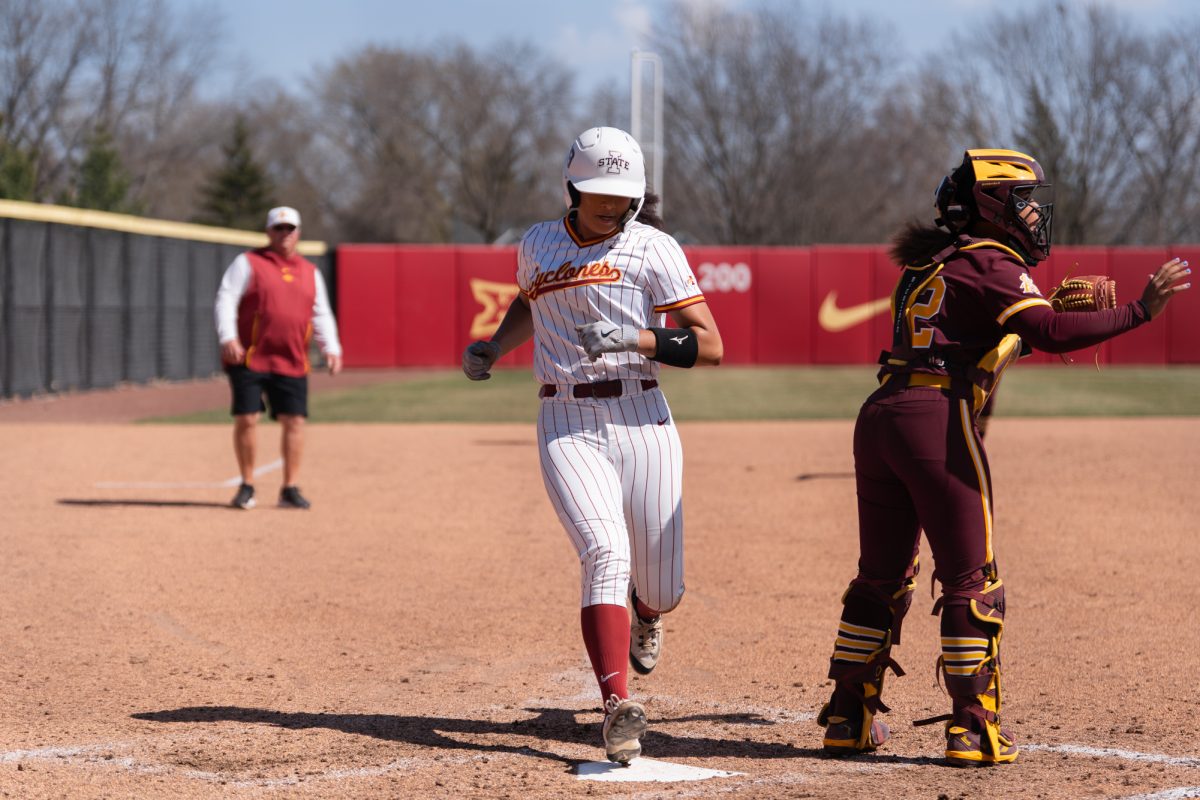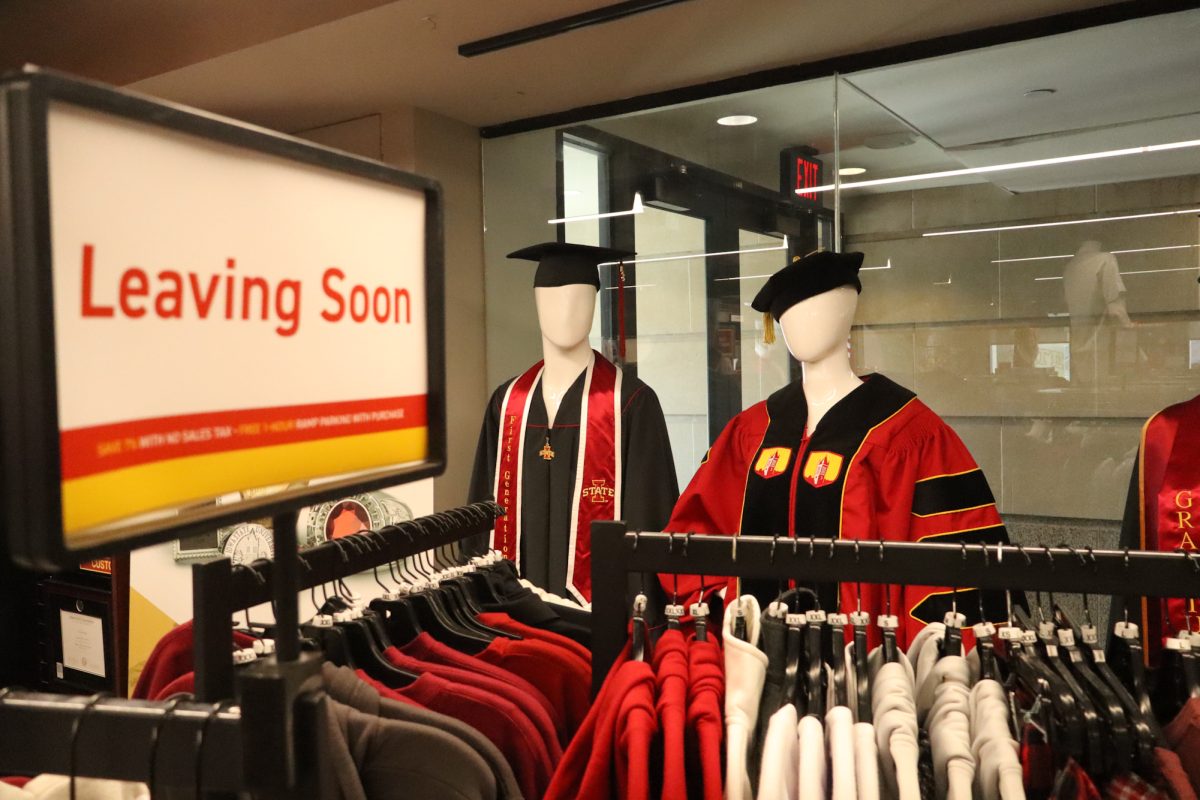Student freedoms discussed through landmark decision
April 13, 2005
The hallways and classrooms of public schools could be much different today had it not been for three students from Des Moines in 1965.
Tinker v. Des Moines Independent Community School District is a landmark U.S. Supreme Court case revered by those who seek to protect the First Amendment.
“It really set the standard for the basic kind of rights that all students will be entitled to when expressing themselves in a public school,” said Mark Goodman, executive director of the Student Press Law Center.
The case prompted the Supreme Court to support freedom of expression in schools.
“It can hardly be argued that either students or teachers shed their constitutional rights to freedom of speech or expression at the schoolhouse gate,” Supreme Court Associate Justice Abe Fortas wrote in the 1969 ruling.
In honor of the precedent-setting case, John and Mary Beth Tinker are scheduled to speak about their famous court case at 7 p.m. Wednesday in the Great Hall of the Memorial Union as part of the First Amendment Days’ celebration of freedom of the press.
“It is one of the great Supreme Court cases of that era,” said Barbara Mack, associate professor of journalism and communication.
In December 1965, John and Mary Beth Tinker, along with Christopher Eckhardt, decided to wear black armbands to their Des Moines schools to mourn the deaths of all involved in the Vietnam War. The bands were also meant to support Sen. Robert Kennedy’s request for a truce in Vietnam.
The principals of the Des Moines schools reacted to the silent protest by calling a meeting to declare a rule that anyone wearing an armband to school would be asked to remove it, and anyone who refused would be suspended.
“The principals believed it would be too controversial,” Mary Beth Tinker said.
When they refused to comply with the new school policy, they were suspended with the stipulation that they could return as long as they did not wear the armbands.
The American Civil Liberties Union backed the Tinkers and Eckhardt, helping them take the issue to court. After a loss in federal district court and a tied decision in the court of appeals, the case was tried by the Supreme Court, where they won.
They were awarded the protection to express themselves in their school hallways and classrooms and were also awarded $1 in damages.
“We wanted to be clear that we were concerned with the principle of the case and not going after money from the school system,” John Tinker said. “Honestly, I don’t know what happened to that dollar — I never saw it.”
Under Tinker v. Des Moines, public schools cannot make a rule regulating student expression unless there is a connection between the prohibited behavior and a disruption of the learning environment.
“It changed school publications from technical skills to dealing more with inquiry and freedom,” said Gary Lindsay, president of the Iowa High School Press Association.
Although the Tinker case proved pivotal at the time for increasing student freedoms, it was later undermined by Hazelwood School District v. Kuhlmeier, another Supreme Court case dealing with student press.
“The Hazelwood decision limited the rights of students in student press,” Mary Beth Tinker said. “However, a number of state legislatures have passed legislation overriding the Hazelwood decision.”
Mary Beth Tinker said she believes the decision is still very important for students today.
“The relevance of it today is we have many issues that we need to work on to improve our country and our world and to find a way to have peace in the world,” Mary Beth Tinker said.
“To resolve those problems in a peaceful way, we need the involvement of students. There have never been major changes in the world without the active involvement of young people.”






